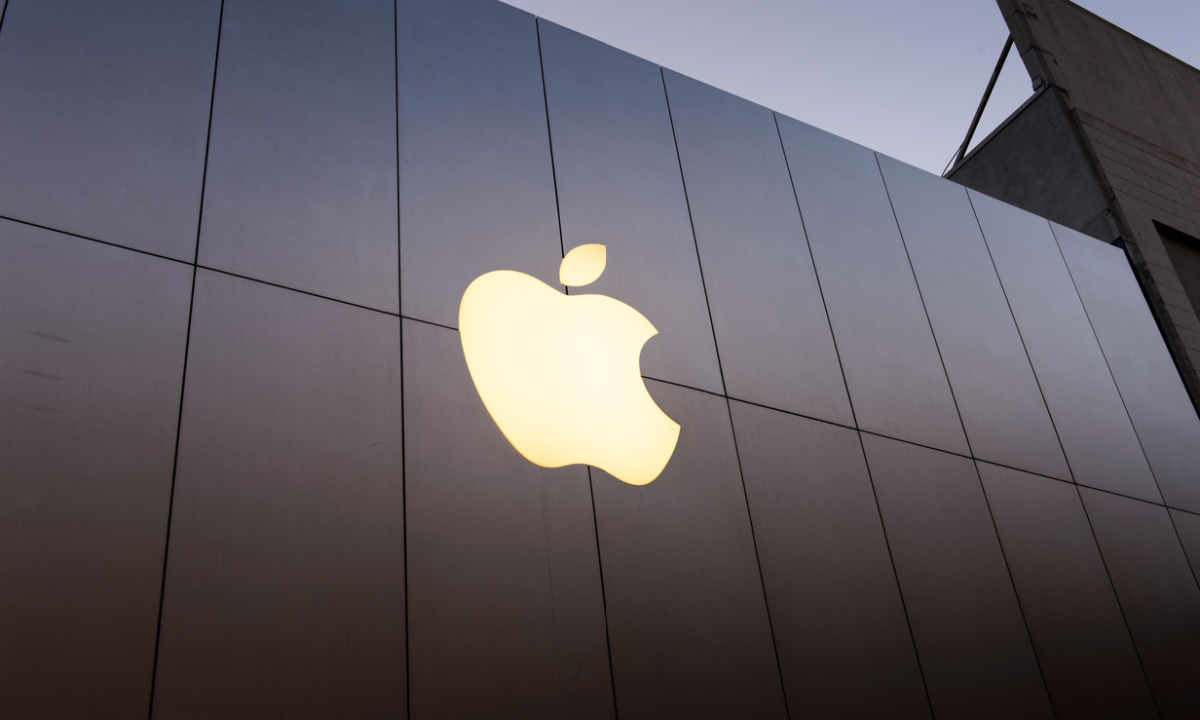
In a move to comply with new European Union regulations and respond to longstanding developer grievances, tech giant Apple Inc. has announced significant changes to its app distribution policies. Starting this spring, developers utilizing Apple’s App Store will gain the ability to distribute applications directly to European Union users from their own websites.
The European Union’s Digital Markets Act (DMA), enacted just last week, has compelled Apple to dismantle certain barriers within its ecosystem, primarily by introducing provisions mandating the allowance of alternative app stores on iPhones and providing developers with the option to bypass Apple’s in-app payment system, notorious for its substantial fees reaching up to 30%.
In a statement released on Tuesday, Apple outlined its plans to accommodate these regulatory demands. “We’re providing more flexibility for developers who distribute apps in the European Union, including introducing a new way to distribute apps directly from a developer’s website,” the company affirmed in a blog post.
Under the forthcoming changes, authorized developers will gain access to application programming interfaces (APIs) enabling the distribution of their apps directly from the web. These APIs will also integrate with system functionality, offer backup and restoration capabilities for users’ apps, among other features.
Read more: Appeals Court Rules Apple Cannot Ban Links To Outside App Store Payments
Furthermore, developers establishing alternative app marketplaces will now have the ability to exclusively showcase their own apps immediately, a departure from the prior requirement of offering a diverse catalogue.
Crucially, developers will now have greater autonomy in designing in-app promotions, discounts, and other promotional deals. This flexibility extends to transactions initiated on developers’ websites instead of through Apple’s standard template.
This announcement marks a significant shift in Apple’s traditionally tightly-controlled app distribution model, signaling a more open approach in response to mounting regulatory pressure and developer discontent.
The move is anticipated to have far-reaching implications not only for developers but also for consumers, who may benefit from increased competition and potentially lower prices resulting from the newfound freedom granted to developers.
While these changes are currently limited to the European Union, speculation abounds regarding their potential expansion to other regions, as similar regulatory pressures and developer advocacy persist globally.
Source: Reuters
Featured News
Big Tech Braces for Potential Changes Under a Second Trump Presidency
Nov 6, 2024 by
CPI
Trump’s Potential Shift in US Antitrust Policy Raises Questions for Big Tech and Mergers
Nov 6, 2024 by
CPI
EU Set to Fine Apple in First Major Enforcement of Digital Markets Act
Nov 5, 2024 by
CPI
Six Indicted in Federal Bid-Rigging Schemes Involving Government IT Contracts
Nov 5, 2024 by
CPI
Ireland Secures First €3 Billion Apple Tax Payment, Boosting Exchequer Funds
Nov 5, 2024 by
CPI
Antitrust Mix by CPI
Antitrust Chronicle® – Remedies Revisited
Oct 30, 2024 by
CPI
Fixing the Fix: Updating Policy on Merger Remedies
Oct 30, 2024 by
CPI
Methodology Matters: The 2017 FTC Remedies Study
Oct 30, 2024 by
CPI
U.S. v. AT&T: Five Lessons for Vertical Merger Enforcement
Oct 30, 2024 by
CPI
The Search for Antitrust Remedies in Tech Leads Beyond Antitrust
Oct 30, 2024 by
CPI